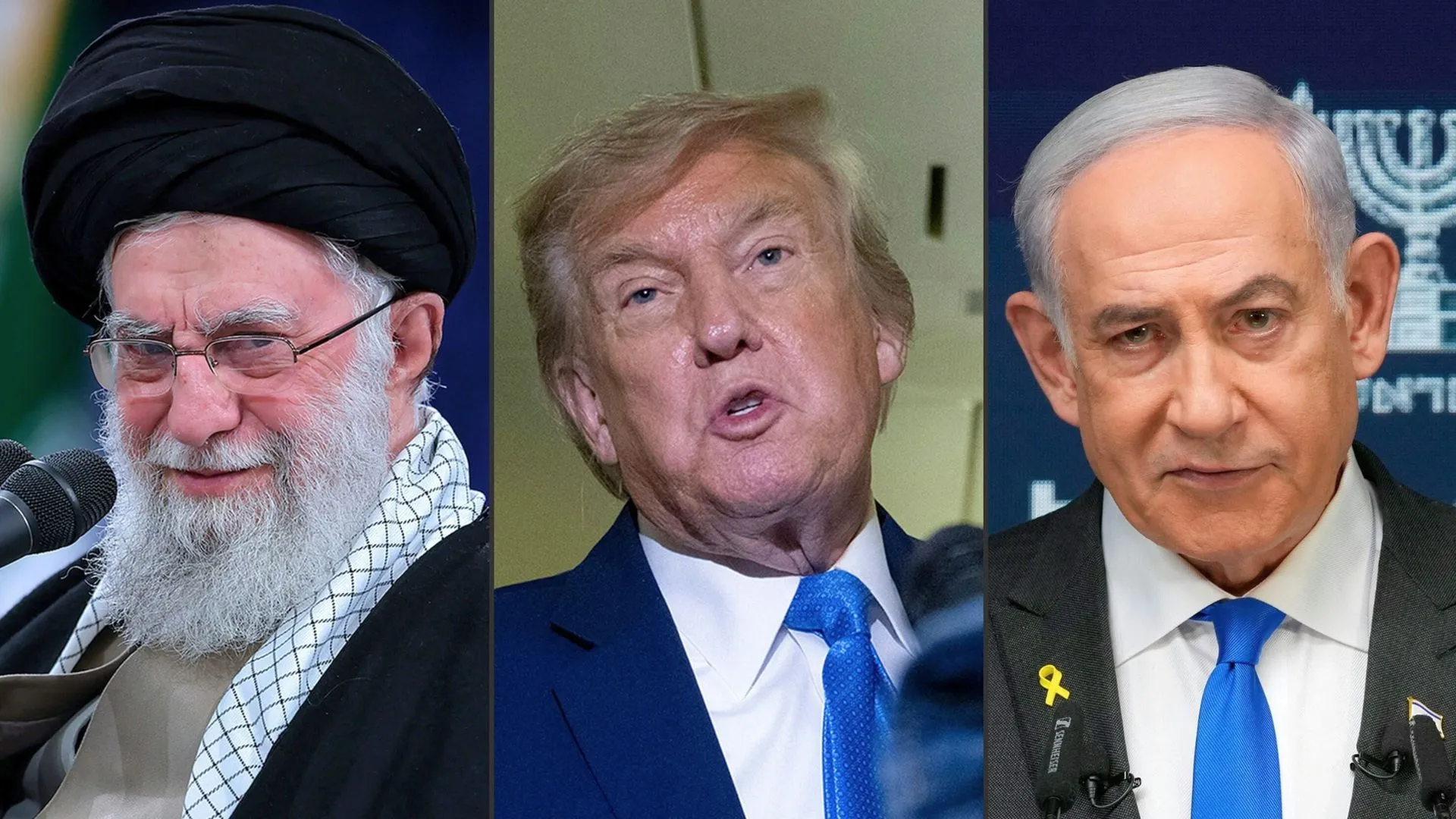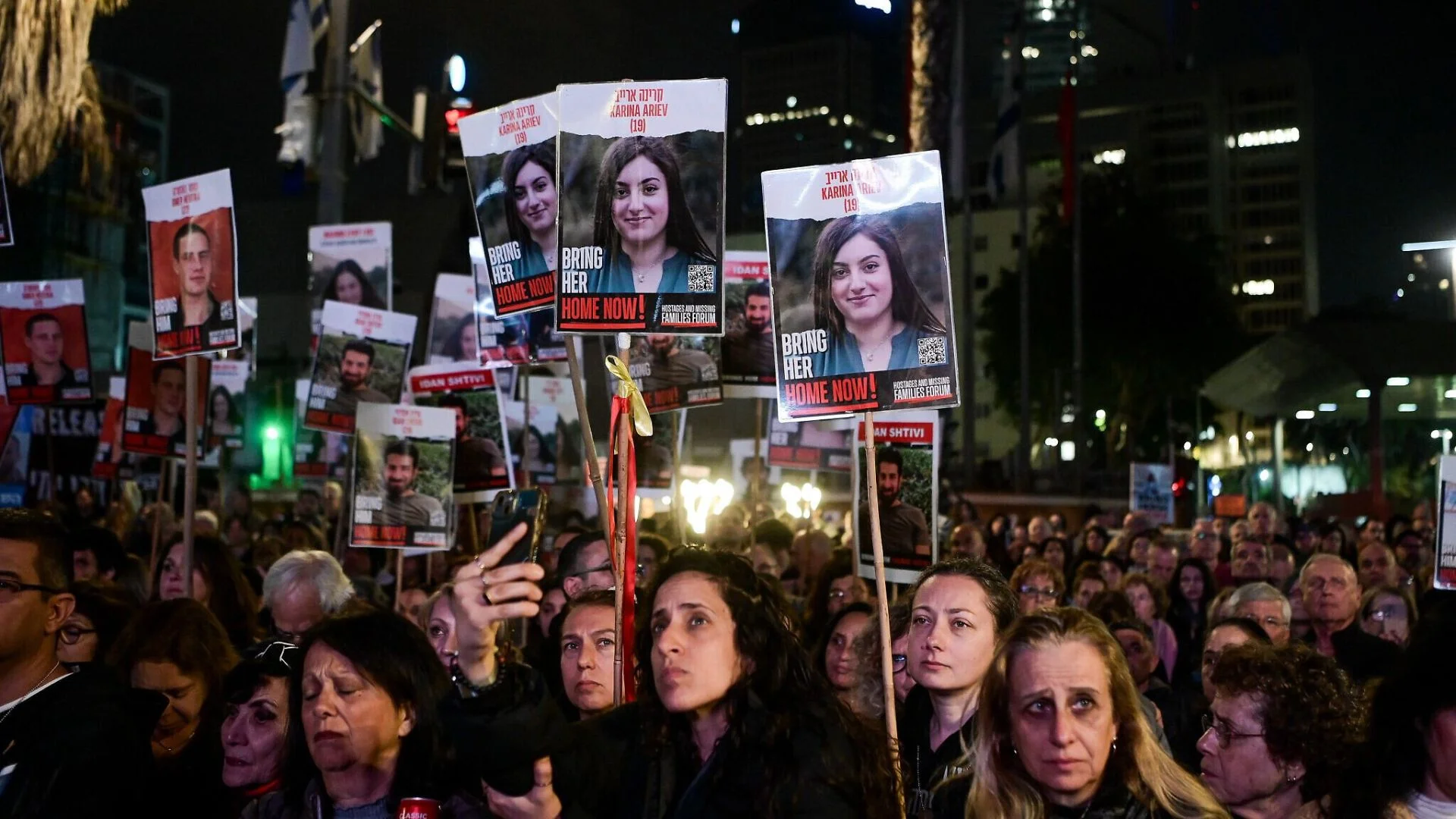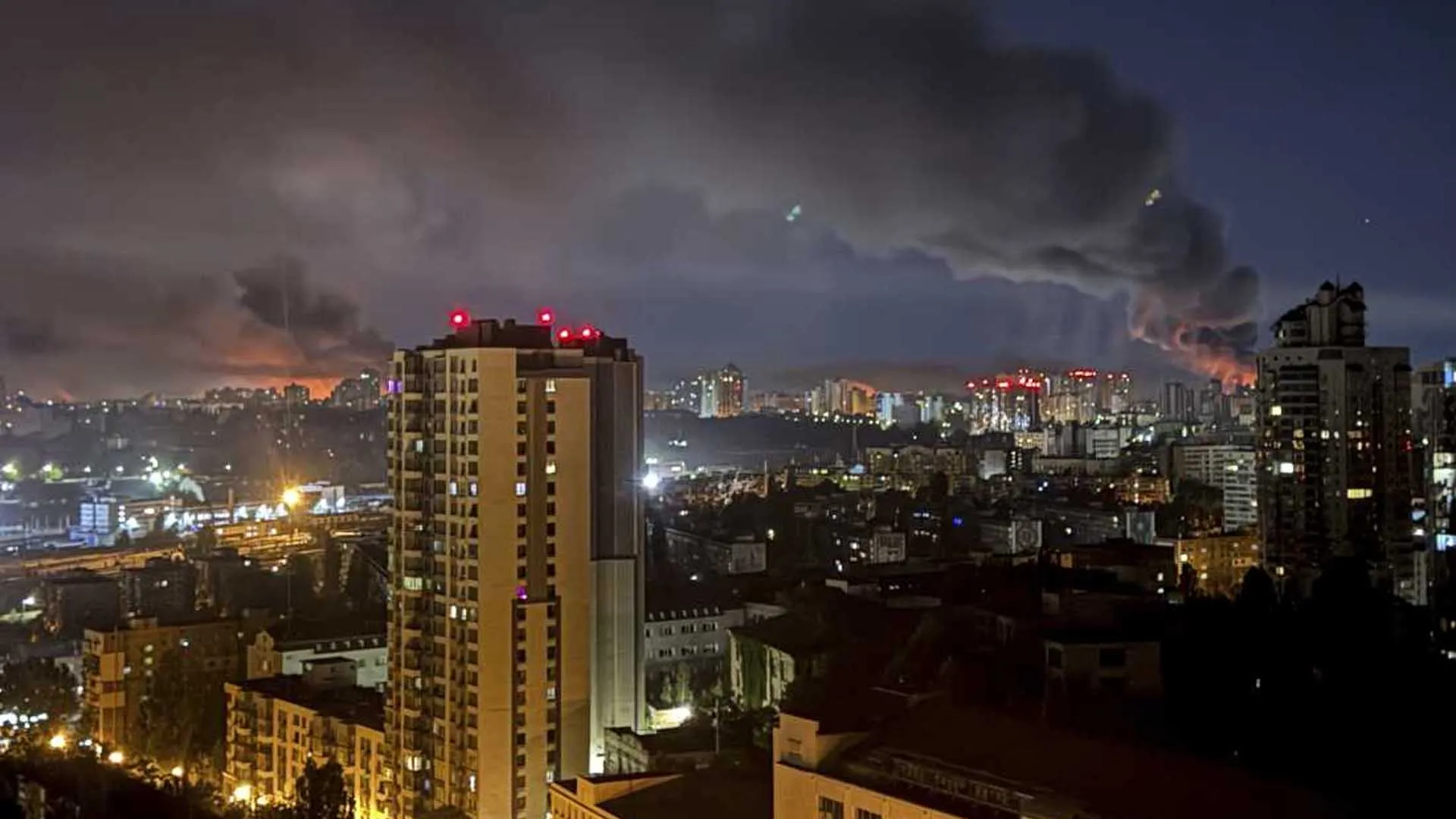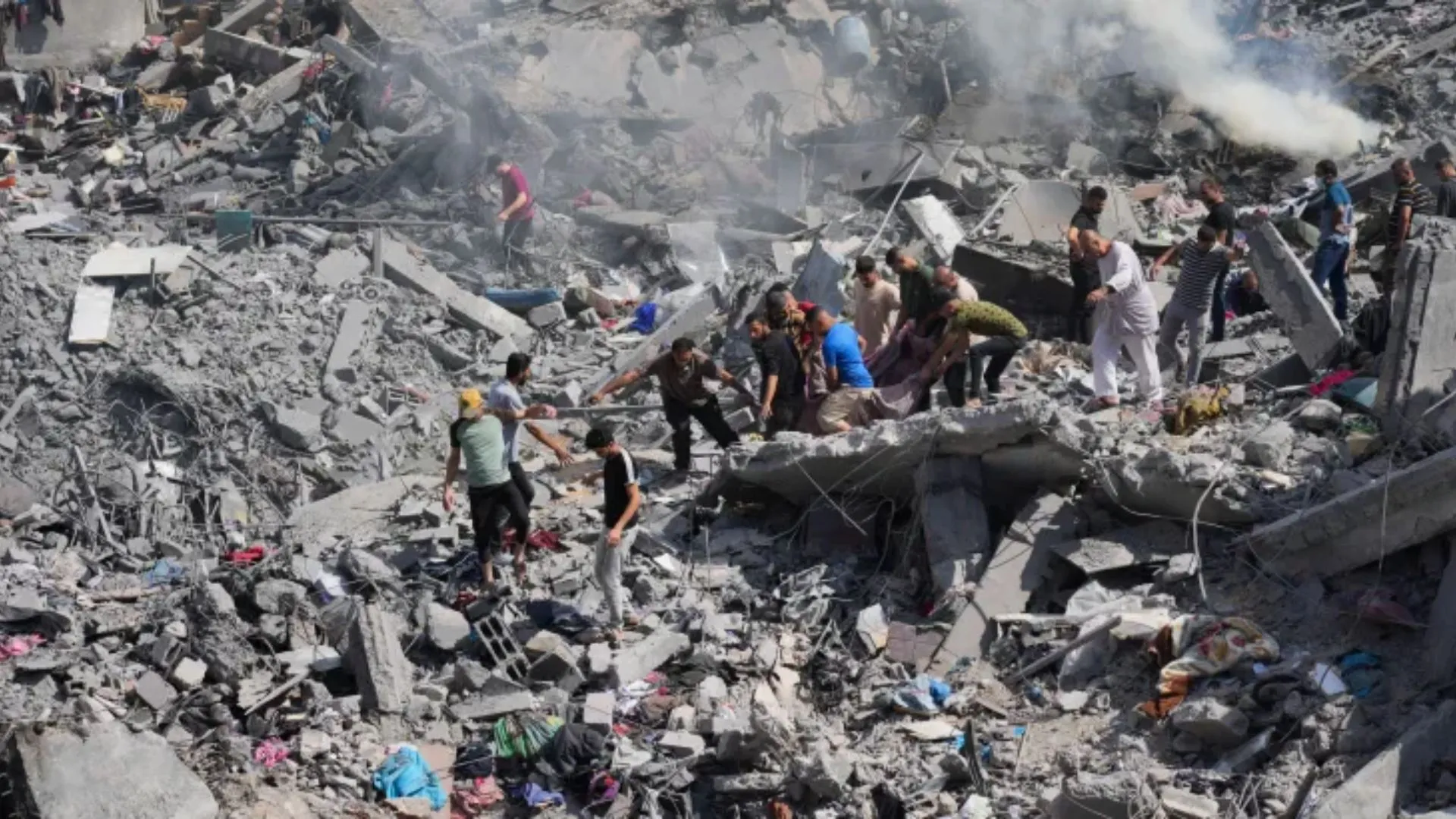US President Donald Trump on June 24 confirmed a ceasefire between Israel and Iran is in place. The truce came after 12 days of intense fighting, triggered by US-Israeli joint attacks on Iranian nuclear installations. Trump described the ceasefire as a turning point and promised West Asia a future of peace. But uncertainty hangs over the deal.
Iran’s Foreign Minister initially denied any formal ceasefire, then praised Iran’s forces for resisting until the last moment. This contradiction raises doubts over whether hostilities have truly ended or simply paused.
Trump Declares ‘Peace Through Strength’
President Trump took to Truth Social to announce the ceasefire. He said both Israel and Iran had urged him to end the war. Referring to the people of the Middle East as the “real winners,” he proclaimed “it is time for peace.”
Trump stated that the war could have raged on for years and ruined the entire region. He labeled the ceasefire a victory of “RIGHTEOUSNESS & TRUTH.” After his post, he patted himself on the back for ending what he described as an epochal conflict.
Tehran’s Denial Deepens Doubts
Shortly after Trump’s statement, Iran’s Foreign Minister Abbas Araghchi rebutted the assertion. There was no official ceasefire or mutual understanding to suspend military campaigns, he stated.
But a minute later, he thanked Iran’s Armed Forces for resisting aggression “until the very last minute.” This ambiguous message from Tehran has set off confusion among diplomatic and media circles.
Strikes That Preceded the Ceasefire
The ceasefire declaration occurred only hours after a huge escalation. Iran launched missiles against an American base in Qatar in response to previous US airstrikes. The US had bombed three nuclear sites—Fordow, Natanz, and Esfahan—with B-2 bombers. These bombings were a response to Israel’s Operation Rising Lion, a campaign against Iran’s nuclear facilities and the deaths of some important Iranian military and nuclear personalities.
The Israel Defence Forces (IDF) attested to the US attacks having been conducted in collaboration with them. Israeli authorities referred to the bombings as a “crucial step” to halt Iran’s aggressive campaign in the region.
While both Israeli and Iranian media conveyed that the ceasefire was on, the ambiguity of Iranian government’s statements has left the situation in doubt. Trump maintains the truce exists and cautioned that no party should breach it. Yet, without a signed agreement and with no unambiguous terms made public, most are apprehensive that the agreement might be unfirm or even transient.
Uncertain Peace in a Volatile Region
The ceasefire has provided temporary relief, but the uncertainty fuels alarm. Tehran’s duplicitous position indicates domestic divisions or strategic ambiguity. Hitherto, military action has ceased. But enduring peace will rely on tangible diplomacy, reciprocal restraint, and enforcement of this de facto accord.
Trump might have claimed victory in the war, but with no clarity from Tehran, the ceasefire is tenuous. Peace in West Asia’s turbulent terrain requires more than proclamations—it requires commitment.























